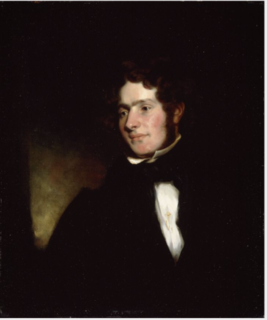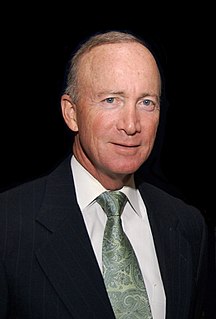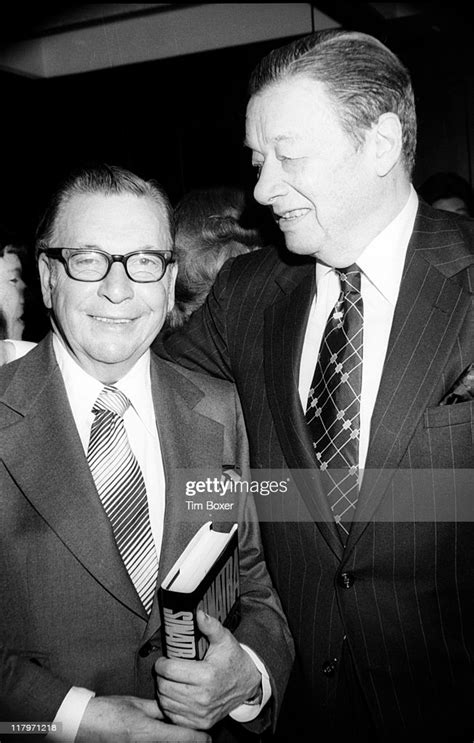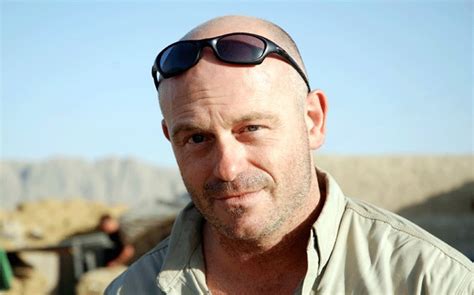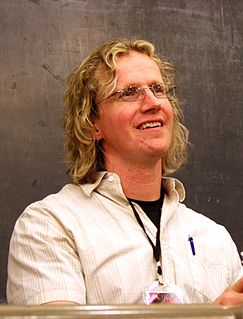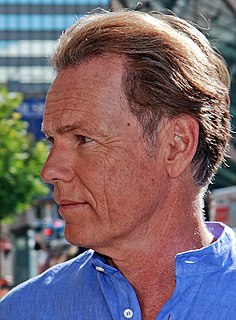A Quote by Saul Alinsky
The Prince was written by Machiavelli for the Haves on how to hold power. Rules for Radicals is written for the Have-Nots on how to take it away.
Related Quotes
The Prince was written by Machiavelli for the Haves on how to hold power. Rules for Radicals is written for the Have-Nots on how to take it away. In this book we are concerned with how to create mass organizations to seize power and give it to the people; to realize the democratic dream of equality, justice, peace, cooperation, equal and full opportunities for education, full and useful employment, health, and the creation of those circumstances in which man can have the chance to live by values that give meaning to life.
We improv-ed scenes that didn't happen in the movie. We improv-ed the scenes that are written in the movie without the dialogue as written. We played around a lot to try and figure out just how we could flow with what was already written in the story and how we could highlight those imbalances and those points at which we came to loggerheads.


